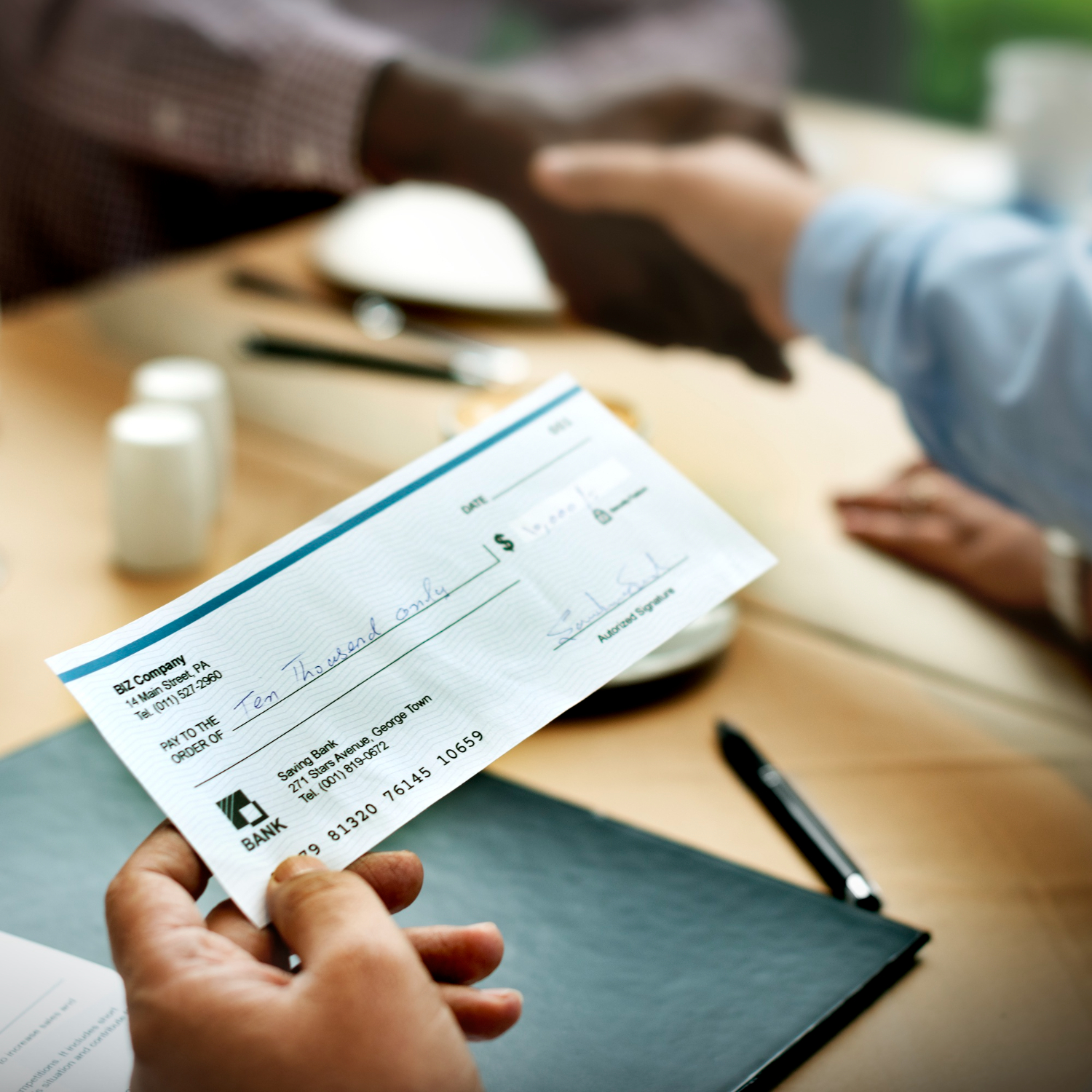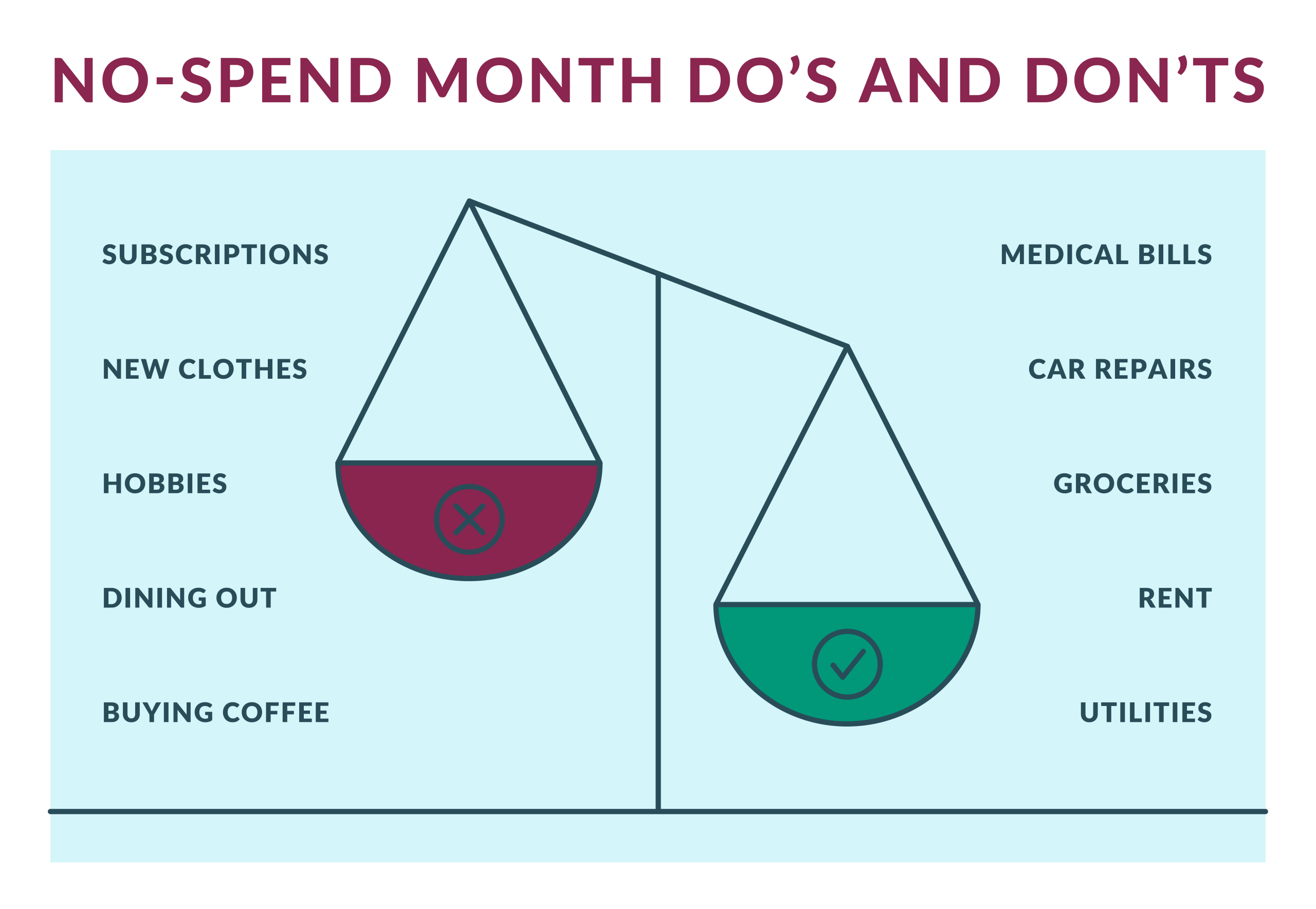Anúncios
In a world increasingly dominated by digital payments, checks might seem outdated, but they are still used in various transactions.
However, sometimes circumstances change, and you need to stop a check from being processed.
Whether it’s because you made a mistake, lost the check, or need to halt payment for another reason, it’s essential to understand the entire cancellation process.
So, if you’re wondering how to cancel a check, keep reading to understand what is necessary!
When should you cancel a check?
Canceling a check, also known as requesting a stop payment, should be done when you have a legitimate reason. Some common situations include:
- Lost or stolen checks: If a check has been lost or stolen, canceling it immediately helps prevent unauthorized use.
- Disputed transactions: If you have issues with a payment, such as paying for services that weren’t provided, canceling the check can give you time to resolve the problem.
- Errors: Mistakes such as writing the wrong amount or recipient can also justify canceling the check.
- Suspected fraud: If you suspect fraudulent activity, canceling the check can prevent it from being processed.
Understanding these situations is essential to determine if canceling the check is the right action. Once you’ve decided to proceed, it’s important to know the steps to follow.
Does check cancellation incur fees?
Yes, canceling a check usually involves a fee. The cost to stop payment varies from bank to bank, typically ranging from $15 to $35.
For example, recent reports show that Bank of America charges around $30 for a stop payment request, while Wells Fargo’s fees are close to $31.
Some banks offer reduced fees for online cancellations or for customers with premium accounts.
Although these fees may seem high, they are worth paying to avoid potential losses from fraud or incorrect payments.
It’s always a good idea to check with your financial institution to confirm the exact fees and see if your account type offers waivers or discounts.
Can you cancel a check at any time?
While it is possible to cancel a check, timing is crucial. A stop payment request must be made before the check is processed or cleared by the bank.
Typically, this means you need to act quickly, within a day or two of issuing the check. Once the check has been cleared, it becomes much more difficult and sometimes impossible to cancel the payment.
In most cases, you can stop a check until the point of payment processing, but some checks are cleared the same day or within 24 hours, so it’s best to act fast.
If you decide to cancel a check, you’ll need to gather the necessary documents and information before contacting your bank.
How to cancel a check?
Before contacting your bank to request a stop payment, you will need specific information.
Banks require precise details to ensure the correct check is canceled. The required information includes:
Check if the payment has been processed
The first step in canceling a check is to verify if it has already been processed or if it’s still pending.
You can do this by accessing your online banking account or calling the bank. If the check has already been cleared, it won’t be possible to cancel it.
If it hasn’t been processed yet, a stop payment is a valid option. Verifying this information can save you unnecessary fees or invalid stop payment requests.
Gather the check and account numbers
To cancel a check, you need to provide the bank with the check number in question, along with the associated account number. These numbers are typically printed on the check itself.
The check number is essential because it’s the only way to ensure that the right check is blocked, preventing accidental cancellation of other payments.
Have all this information ready when contacting the bank to avoid issues during the conversation.
Contact your bank
Once you’ve gathered the necessary information, contact your bank as soon as possible.
Most banks allow the cancellation to be done over the phone, through the bank’s app, or directly at the branch.
Check if your bank charges fees for the check cancellation service, as this can vary from institution to institution.
After the stop payment is requested, ask for written confirmation to ensure the process was completed correctly.
Is it possible to cancel a cleared check?
Now you know how to cancel a check. But once a check has been processed and the funds have been withdrawn from your account, canceling it becomes highly unlikely.
Banks typically refuse to stop payment requests on checks that have already cleared since the money has already been transferred.
In cases of fraud or error, you may still have options. Try the following:
- Dispute the transaction: If you believe the check was processed under fraudulent circumstances, dispute the transaction with your bank. This process involves an investigation, and the resolution times can vary.
- Contact the recipient: If the recipient is willing, they may agree to return the amount or void the transaction, though this depends on mutual cooperation.
These options are not guaranteed but provide a possible last alternative if your check has already been processed.
Following the steps above will give you the support needed when canceling a check.
We hope you found this content helpful! Keep following other posts on the site for more information about finances and payments.
Looking for a suggestion? Also, read our content explaining how credit card refunds work!






